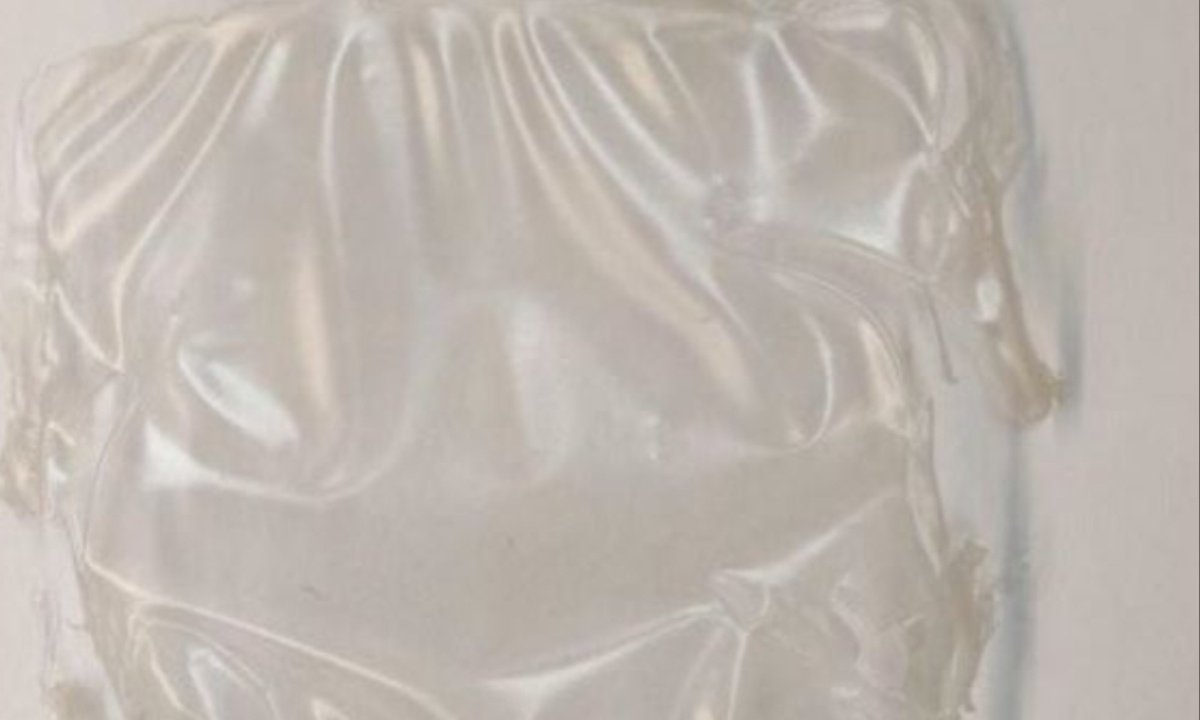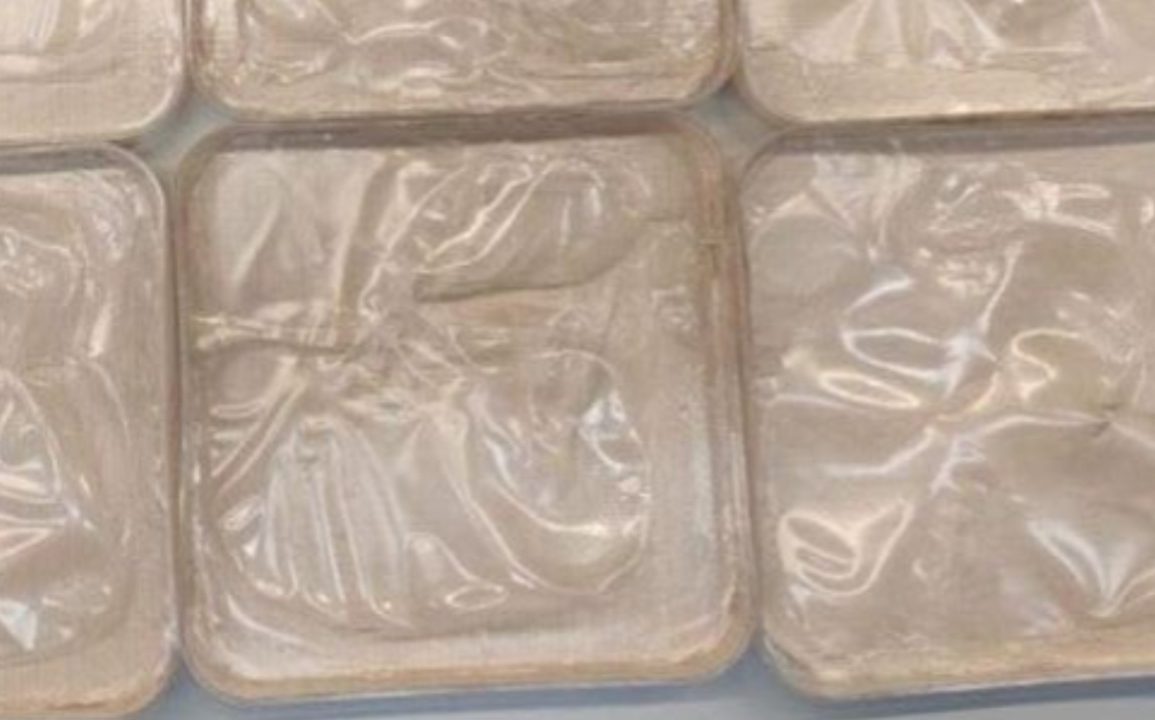Researchers at the University of Copenhagen have developed a new bioplastic from barley starch and sugar beet waste that decomposes naturally within about two months. This alternative aims to address the significant environmental issue of plastic waste, which typically takes centuries to break down.
Professor Andreas Blennow highlights that this new bioplastic is not only stronger and more water-resistant than existing bioplastics but is also fully biodegradable, turning it into compost through microbial action.
The global plastic pollution crisis is severe, with an estimated 21,000 pieces of plastic in the oceans for every person on Earth, as visualized by The Washington Post. Despite efforts, only about 9% of the world’s plastic is recycled, with much of it incinerated instead. This new bioplastic developed in Copenhagen fulfills the need for truly biodegradable plastic, a feature many current bioplastics lack, according to Blennow.

One major issue with plastic pollution is the prevalence of microplastics, which have been detected even in human blood. These tiny particles pose potential health risks, such as lung inflammation and higher cancer risks, as suggested by a Forbes report. Reducing traditional plastic usage could help decrease the amount of microplastics released into the environment, mitigating these health concerns.
The new bioplastic leverages amylose from specially bred barley and cellulose from sugar beet fibers. This innovative combination results in a material that is both strong and flexible, suitable for various applications, including shopping bags and packaging. The research team has optimized the production process by mixing the ingredients with water or applying heat and pressure to achieve the desired properties.
Blennow and his team are currently working on securing patents and collaborating with packaging companies to develop prototypes for food containers and other applications.
They envision that within one to five years, various prototypes, including trays, bottles, and bags, will be ready for production. This new material not only promises to reduce plastic pollution but also offers a practical alternative for everyday use, potentially revolutionizing how we manage plastic waste.

